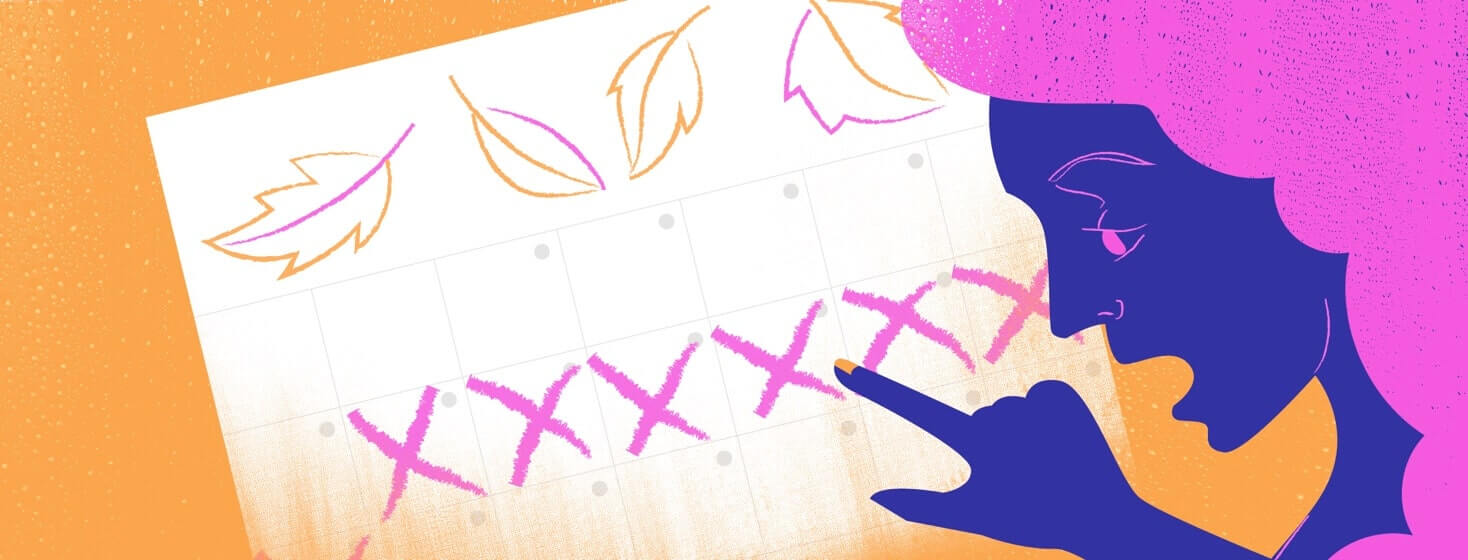How to Talk to Your Partner about Endometriosis
My endometriosis is like my love of Jeff Goldblum, something that’s been around since middle school that my partner needs to be comfortable with. I broached the topic of my painful periods early in my relationship with my now husband. I didn’t really have a choice since I had my first surgery only a couple of months after we got together.
I’ve been with the same person almost 15 years, but discussing my disease with someone who doesn’t have a uterus was — and sometimes still is — frustrating. But our talks ultimately brought us closer as a couple. Even if you’re dating a person who also has periods, explaining endometriosis to someone who doesn’t have the disease can still be a challenge.
Here are some of my tips on how you can talk to your partner:
Don’t be embarrassed
I would approach an endo conversation the same way you would if you were telling your partner you had a tail. Sometimes it might get in the way, but it’s a part of you. You’ve learned to work around it, and so can they.
I’ve never thought of my menstrual cycle as something to hide. Frankly, I think people who bleed out of their vaginas for about a week each month while still raising children, hitting the gym, and killing it at work are superhumans. Since I’ve never been ashamed of my period, I’ve never thought of endometriosis as something I needed to feel bad about. This helped me frame the disease in a more matter-of-fact way when talking about it to others.
Explain it with facts
Some people view the menstrual cycle as a mystery. By some people, I mean males. When you add endometriosis to the mix, that can make it even more bewildering. But there’s plenty of science to back you up. My husband is a researcher and I found explaining the condition, in detail, actually helped him get a better grasp of the mechanics of it and took out some of the surprise factor.
The best thing about endometriosis is that it runs on a schedule. My husband now knows that when I ovulate, my estrogen surges and I have more pain, and that I’m going to be tired at certain predictable spots throughout the month.
Tell them not to take your discomfort personally
When I pass on sex, my husband still thinks I’m passing on him. I started tracking my menstrual cycle with an app a long time ago. After years of seeing his disappointment at the same time of the month — every month — I suggested he do the same (which he doesn’t, but maybe your partner will). When I could point out that my uncomfortable window was always within 10 days before the start of my period, he (mostly) stopped taking personal offense.
While I don’t always feel the same level of discomfort for the same amount of time, it’s helpful for him to know I might not want sex — or to go to the movies — for reasons that have nothing to do with him.
Keep the conversation going
My symptoms today aren’t the same as they were 20 years ago. They’re not even the same as two months ago. The body is always changing, so keep the lines of communication open on both sides. And encourage your partner to ask you questions. Except maybe not the same questions.*
*Endometriosis operates according to a cycle. Please stop asking why I’m irritated every week before my period starts.

Join the conversation